Porsche, the giant German automaker, has etched its name in the annals of motorsport history with its remarkable dominance at the 24 Hours of Le Mans. This prestigious endurance race has seen Porsche's relentless pursuit of excellence pay off year after year.
But what exactly is responsible for Porsche's enduring success at Le Mans? What we have to say aren’t exactly some hush-hush secrets leaked to us by some insider with access to a tightly guarded scroll containing need-to-know-basis information.
What we have here are open secrets, identifiable, sensible, and very much revealing. Now, without further ado, let’s dive into the key factors behind Porsche's decades-long, legendary Le Mans dominance.
Related Reading: 24HR Le Mans: Top 5 Important Rules and the Intricacies of the Penalty System
1. Engineering Excellence
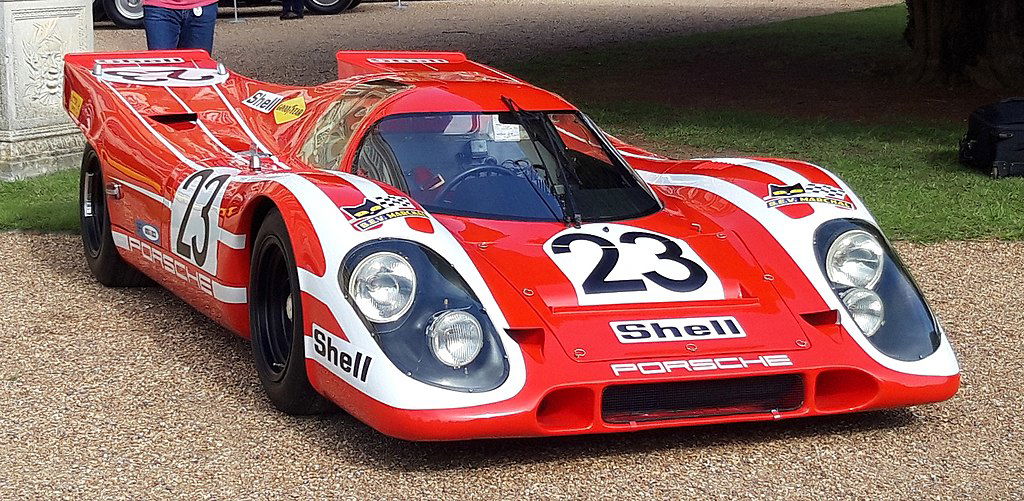
At the heart of Porsche's Le Mans victories lies a commitment to engineering excellence. The company's ability to design and build race cars that combine speed with reliability has been a cornerstone of its success. Porsche's engineers have consistently pushed the boundaries of automotive technology, pioneering innovations that have given them a competitive edge.
One of the most spectacular Porsche victories at the 24 Hours of Le Mans occurred in the year 1970. This victory was particularly notable for several reasons, starting with the iconic Porsche 917, a legendary racing car that left an indelible mark on the history of motorsport.
The 917 is celebrated for its distinctive design and remarkable performance. Porsche had been striving for an overall victory at Le Mans, and in 1970, they achieved it for the first time. The car driven by Hans Herrmann and Richard Attwood crossed the finish line first, securing Porsche's place in Le Mans history.
The 1970 race featured intense competition from rival manufacturers like Ferrari and Gulf Mirage. Porsche's victory was hard-fought and showcased its ability to outperform strong competitors. The highly thrilling and dramatic contest was marked by a fierce battle for the lead between Porsche and other top teams.
Covering 2,865 miles over the 24-hour race duration, Porsche's 1970 victory set a new distance record. This Le Mans record stood for nearly 40 years.
More so, the 1970 victory marked the beginning of Porsche's Le Mans dominance, where they would go on to secure multiple victories over the years, cementing their legacy as one of the most successful manufacturers in the race's history.
The 1970 Le Mans-winning Porsche 917 got motivation from a 4.5-liter, 4.9-liter, or 5.0-liter flat-12 engine, depending on the specific 917 variant, married to a 5-speed manual gearbox. By flat-12, it means a horizontally opposed 12-cylinder layout, allowing for a low center of gravity.
Depending on the variant and tune, the engine produced between 520 to 630+ horsepower, making it exceptionally powerful for its time. It could propel the car to over 220 mph top speed on the Mulsanne Straight and accelerate it from 0 to 60 mph in around 2.5 seconds. The engine featured advanced mechanical fuel injection for precise fuel delivery.
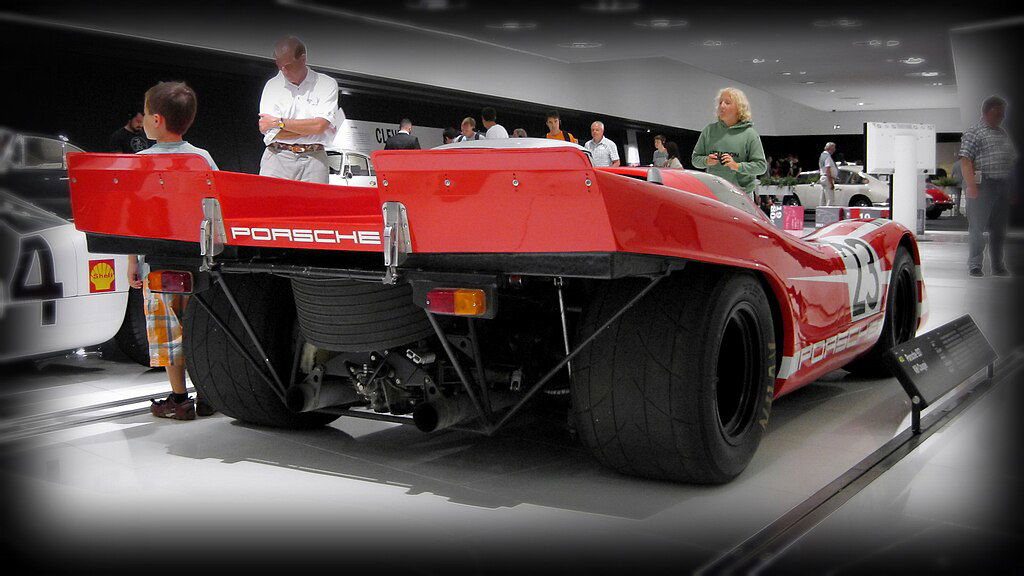
The 917 used a lightweight, aluminum tube-frame chassis that contributed to its agility and performance. Porsche paid significant attention to aerodynamics, exemplified by its distinctive, low-drag bodywork designed for high-speed circuits like Le Mans.
The car featured a sophisticated suspension system with independent double wishbones at both the front and rear, offering excellent handling characteristics. The 917’s powerful disc brakes on all four wheels provided effective stopping power.
The car’s weight varied depending on the specific variant and race configuration but generally fell within the range of approximately 1,763 to 1,870 pounds (800 to 850 kilograms). It had a length of around 173 inches and was approximately 78 inches wide.
The 917 featured a fuel tank with approximately 100 liters (26 gallons) capacity to support extended stints between refueling stops during endurance races like Le Mans.
2. Innovation On The Track
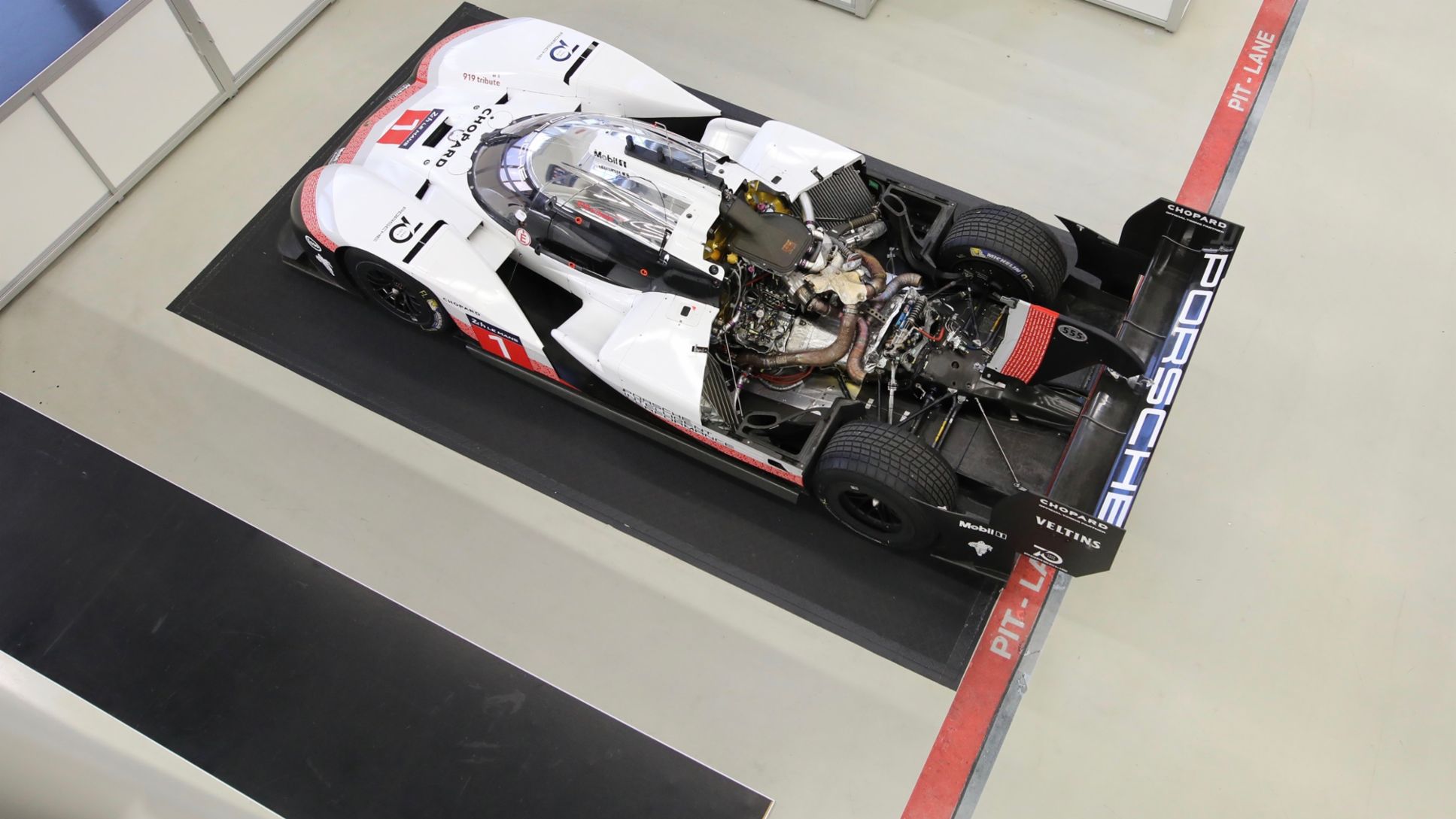
In the world of motorsport, innovation is the name of the game. Porsche has consistently demonstrated a knack for developing groundbreaking technologies and incorporating them into their Le Mans race cars. Whether it's advancements in aerodynamics, engine technology, or hybrid powertrains, Porsche has been at the forefront of these automotive innovations.
In more recent years, for example, Porsche introduced a hybrid system known as the Porsche Hybrid Power Unit (HPU), and it had a significant impact on the performance and efficiency of their race cars. Porsche's Hybrid Power Unit combined an advanced internal combustion engine (usually a highly efficient and powerful turbocharged V6 or V4 engine) and an electric motor/generator connected to a lithium-ion battery.
During braking and deceleration, the electric motor acted as a generator, capturing energy that would otherwise be lost as heat and converting it into electrical energy. This energy got stored in the battery for later use. The stored electrical energy could be deployed to provide an additional power boost when needed, such as during acceleration or high-speed sections of the race.
This gave Porsche's Le Mans race cars a temporary power advantage. By utilizing the electric motor for additional power, Porsche was able to optimize fuel consumption and reduce emissions, making their cars more efficient and environmentally friendly.
The hybrid system allowed for regenerative braking, where the electric motor slowed down the car while simultaneously charging the battery. This contributed to improved overall energy efficiency.
Porsche's success with hybrid technology also lies in its ability to integrate it seamlessly into its race cars and develop sophisticated energy management strategies. This involved deciding when to use electric power and when to conserve it for maximum advantage.
Porsche's hybrid technology was groundbreaking because it not only improved the performance of their Le Mans race cars but also showcased the potential of hybrid powertrains in motorsport.
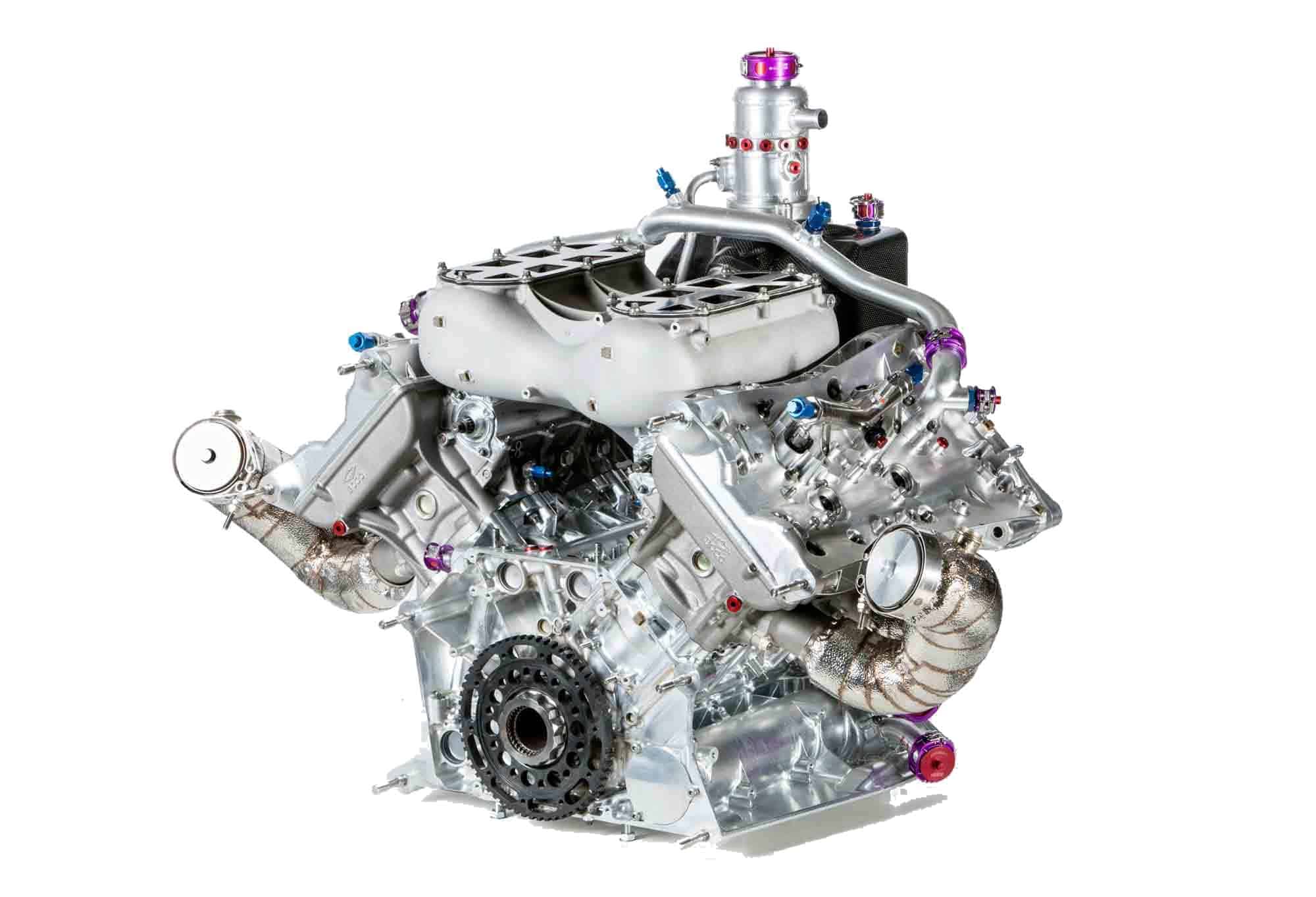
Furthermore, Porsche’s use of advanced aerodynamics and materials demonstrates the marque’s innovative spirit. The company employed innovative aerodynamic features, such as active aerodynamics, to optimize downforce and minimize drag. This technology enhances the car's stability and cornering performance, especially on high-speed tracks like Le Mans.
Porsche has extensively used lightweight materials like carbon fiber and advanced composites in building their race cars. What about the sophisticated telemetry systems used to collect real-time data from the car during races? This data includes information on engine performance, tire conditions, and more.
Such advanced data analysis tools allow Porsche engineers to make real-time adjustments and optimize race strategy. While the driver’s role is critical in racing, Porsche has incorporated driver assistance systems that provide valuable feedback and aid decision-making. These systems can include predictive analytics for fuel and tire management, helping drivers make informed choices during long endurance races.
Additionally, Porsche has developed efficient pit stop procedures by incorporating technology to reduce downtime during refueling, tire changes, and driver swaps. Fast and precise pit stops can make a significant difference in race outcomes, especially in endurance events like Le Mans.
Lastly, the company invested in high-performance tires specifically tailored to their race cars and track conditions. These tires offer superior grip and durability, crucial for maintaining consistent lap times throughout the race.
3. The Human Element: Driver Talent
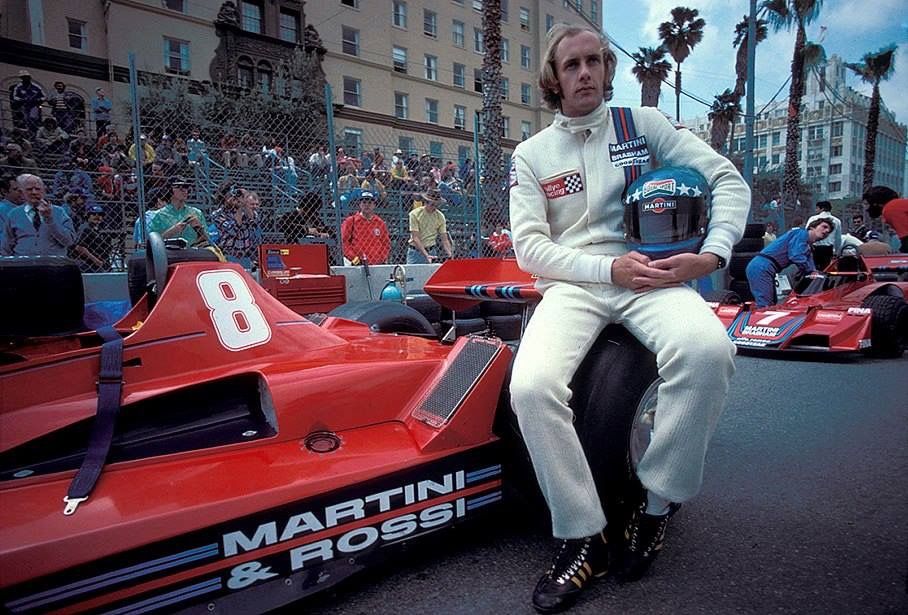
Endurance racing demands not only exceptional machinery but also exceptional drivers. Porsche has attracted and nurtured some of the world's top racing talent. The Le Mans race requires drivers with skill, experience, and the ability to maintain peak performance for extended periods, making the human element crucial to Porsche's success.
Indeed, Porsche has had many accomplished drivers throughout its Le Mans racing history. While it's challenging to definitively place one above the other, the trio of Hans-Joachim Stuck, Derek Bell, and Jack Ickx immediately comes to mind for their significant accomplishments.
Hans-Joachim Stuck, known as "Strietzel," is a highly regarded German racing driver with a significant history at Le Mans. He drove for Porsche in various Le Mans races, including as part of the winning team at the 1986 24 Hours of Le Mans, driving a Porsche 962C. This victory marked a significant moment in his career.
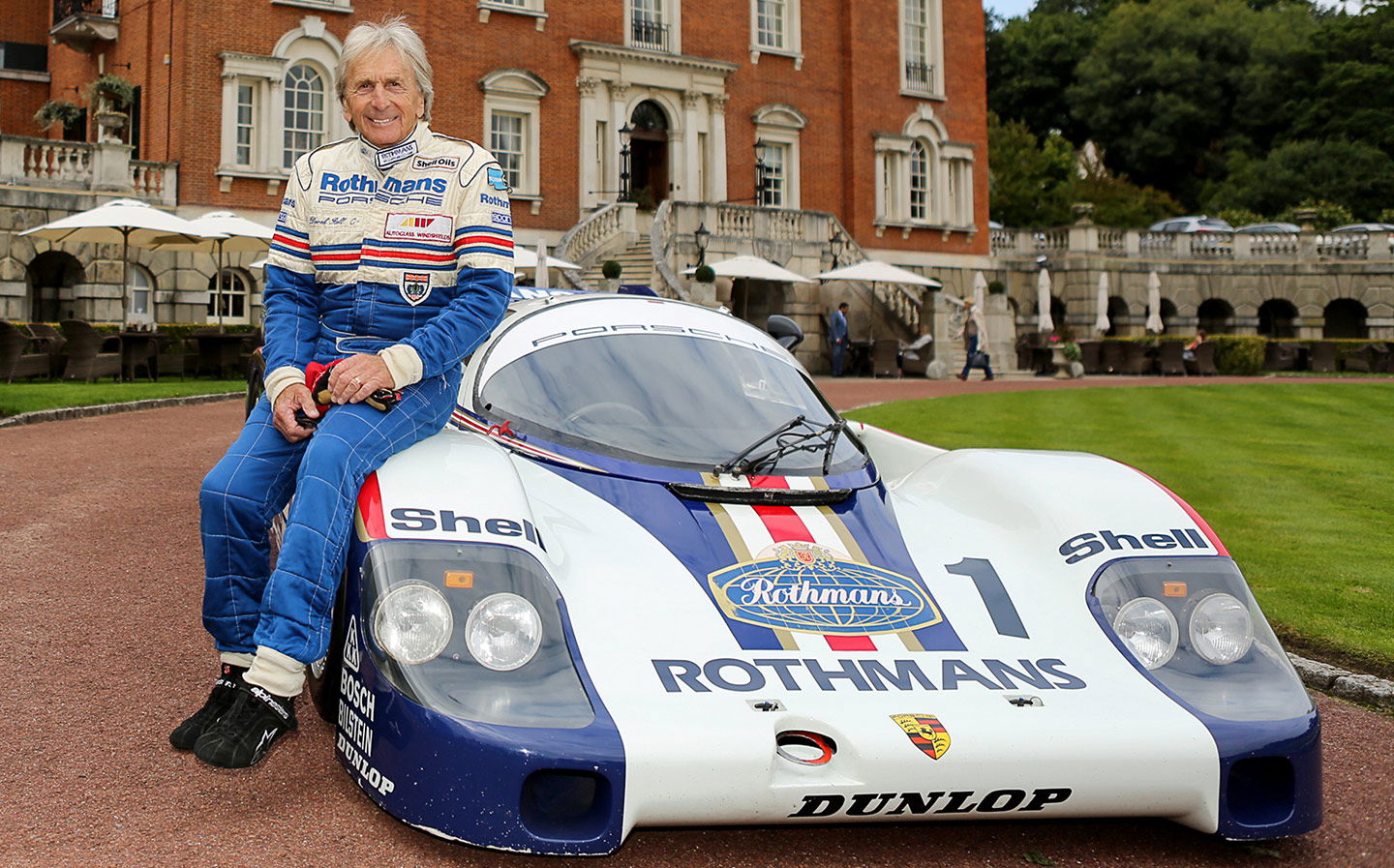
Derek Bell, a British racing legend, has an impressive record at Le Mans, often associated with Porsche. His endurance racing career is marked by numerous victories and achievements, including his Le Mans victories with Porsche in 1981, 1982, 1983, and 1986, driving various Porsche models, including the 936 and 956.
Belgian racing icon Jacky Ickx had a remarkable career in endurance racing and achieved significant success with Porsche at Le Mans. Ickx won the 24 Hours of Le Mans twice with Porsche in 1976 and 1977, driving the Porsche 936 and 936/77, respectively. He is also known for his "Le Mans Start" in 1969 when he walked to his car instead of running, ultimately winning the race.
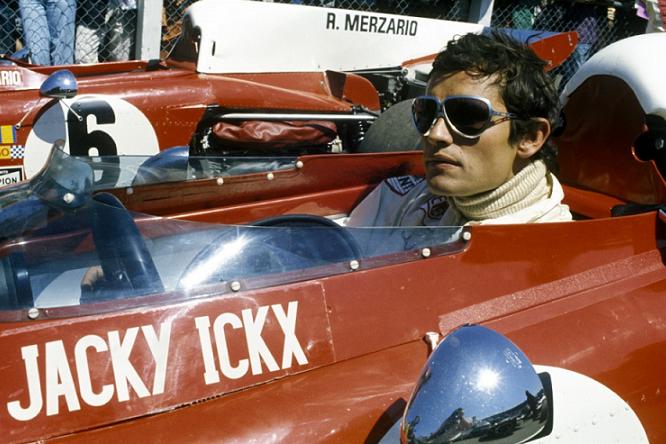
These three drivers are just a few examples of the many talented individuals who have contributed to Porsche's success at Le Mans. Their accomplishments reflect Porsche's enduring legacy in endurance racing and celebrated as legends in the motorsport world.
4. Reliability Is Key
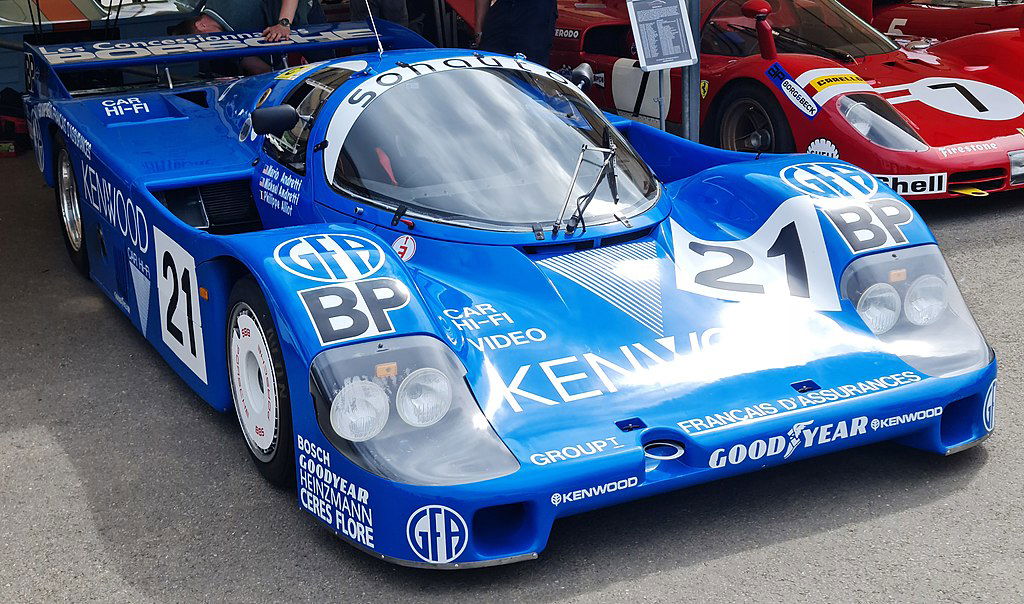
Endurance racing is a true test of a car's durability. Porsche's reputation for building race cars that can withstand the grueling 24-hour Le Mans race is a significant factor in its dominance. Reliability reduces the risk of mechanical failures that can derail a team's chances of victory.
A perfect demonstration of Porsche Le Mans race cars' reliability can be found in their historic achievement at the 24 Hours of Le Mans in 1983. During that race, Porsche demonstrated the incredible reliability and durability of their race cars, particularly the Porsche 956 model.
In the 1983 24 Hours of Le Mans, the Porsche 956 race car, specifically the Rothmans-sponsored car driven by Al Holbert, Hurley Haywood, and Vern Schuppan, achieved a remarkable feat. This Porsche 956 covered a record-breaking 3,315 miles during the 24-hour race, setting a new distance record for Le Mans.
What makes this achievement so notable is that the race got run without a single mechanical failure or unscheduled pit stop for repairs. The 956’s reliability allowed the team to maintain a consistent and rapid pace throughout the race, ultimately securing victory.
Similarly, Porsche’s first-ever overall victory at the 24 Hours of Le Mans in 1970, particularly with the iconic Porsche 917K, was largely thanks to their car’s impressive reliability. The winning Porsche 917K, driven by Hans Herrmann and Richard Attwood completed the race with virtually no mechanical issues.
The car endured the punishing 24-hour race without significant breakdowns, showcasing Porsche's engineering excellence and attention to durability.
These remarkable displays of reliability showcased not only the excellence of Porsche's engineering but also their meticulous preparation and attention to detail – that Porsche race cars were not only incredibly fast but also built to withstand the grueling demands of endurance racing.
Related Reading: Your comprehensive guide to Formula One: Everything You Need To Know
5. Strategic Brilliance
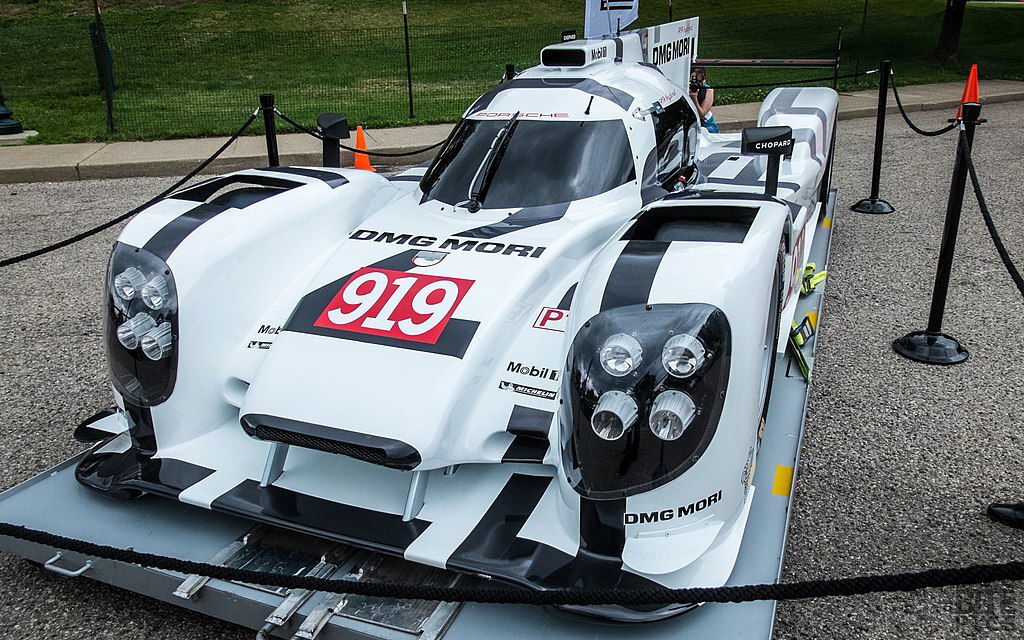
Race strategy is a chess game played at breakneck speeds. Porsche's teams have consistently demonstrated a keen understanding of when to push their cars to the limit and when to conserve them. Effective race strategy often pays off in the long run, and Porsche has mastered this art.
A perfect demonstration of Porsche's Le Mans team's effective race strategy is their 2016 24 Hours of Le Mans victory. That year, Porsche achieved a historic victory at Le Mans with their Porsche 919 Hybrid race car.
Porsche's strategic brilliance was on full display throughout the race, especially in the closing hours when victory was hanging in the balance.
Going into the race's final stages, the leading Toyota TS050 Hybrid experienced mechanical issues, allowing Porsche's #2 919 Hybrid, driven by Neel Jani, Romain Dumas, and Marc Lieb, to move into the lead. But instead of pushing for maximum speed and risking potential mechanical problems, Porsche chose a more conservative approach.
They instructed their drivers to maintain a steady, controlled pace to support the car's reliability. The strategy paid off when they not only secured the victory but also set a new distance record for Le Mans, covering 3,257 miles during the 24-hour race. By prioritizing reliability and smart driving in crucial moments, Porsche showcased their strategic brilliance and their deep understanding of endurance racing dynamics.
A similar demonstration of race strategy can be seen in their Le Mans victory the following year. This win highlighted Porsche's ability to adapt to challenging conditions and make strategic decisions that secured their success.
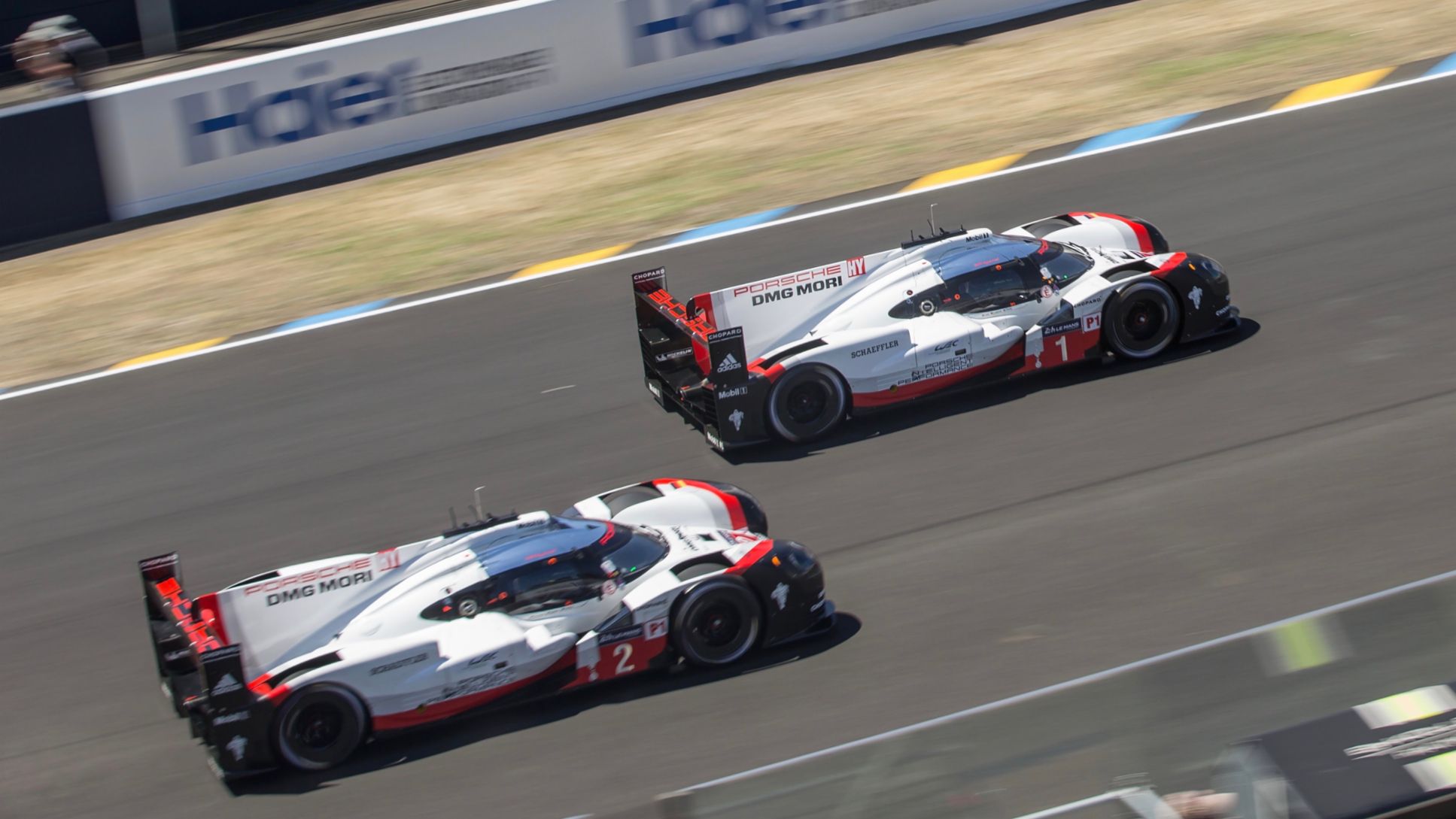
Fielding the Porsche 919 Hybrid race car, Porsche's strategic team closely monitored weather conditions, which included the threat of rain, throughout the race. As rain eventually began to fall late in the race, many competitors pitted to switch to wet-weather tires.
However, Porsche made a decisive strategic call to keep their car on slick tires, anticipating that the rain would be short-lived. This turned out to be a brilliant decision. The rain stopped, and the track dried up quickly, giving Porsche's car a significant advantage as they did not have to make an additional pit stop for tire changes.
Consequently, the Porsche 919 Hybrid maintained its lead and secured the victory, marking its third consecutive win at Le Mans in 2017. These victories underscored Porsche's ability to make critical decisions under pressure and adapt its race strategy to changing circumstances, ultimately leading to a triumphant outcome.
6. Aerodynamics And Speed
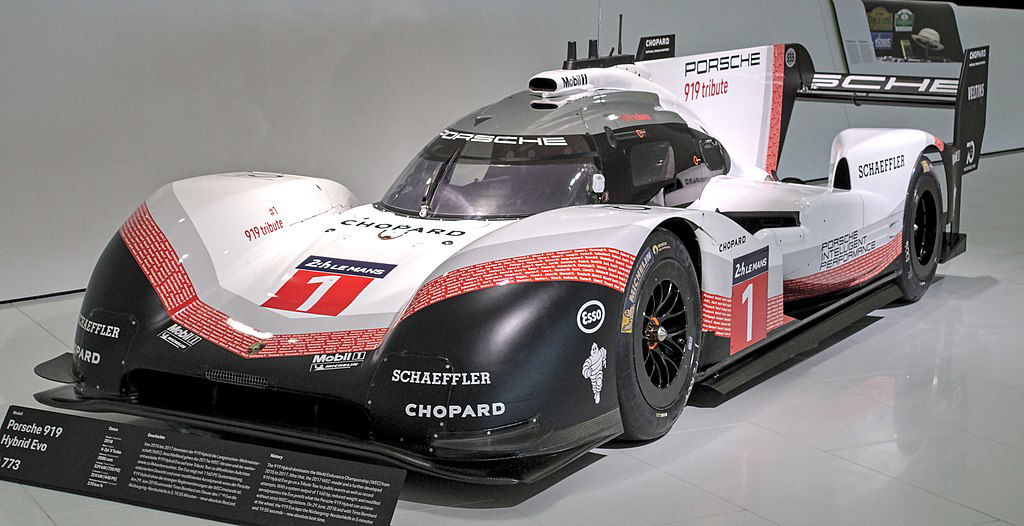
Aerodynamics plays a pivotal role in Le Mans racing, especially on the long straights of the Circuit de la Sarthe. Porsche's commitment to developing aerodynamically efficient cars has allowed them to excel in high-speed sections of the circuit.
One of the most aerodynamically advanced Porsche Le Mans race cars is the Porsche 919 Hybrid Evo. While it was not a competitive entry in the traditional Le Mans 24-hour race, it represents the pinnacle of Porsche's aerodynamic engineering and performance capabilities.
The Porsche 919 Hybrid Evo was a modified version of the Porsche 919 Hybrid, which had competed in the FIA World Endurance Championship (WEC), including the Le Mans 24 Hours. Porsche unveiled the Evo variant in 2018 specifically for a series of exhibition runs, breaking lap records at several iconic race circuits, including Spa-Francorchamps and the Nürburgring Nordschleife.
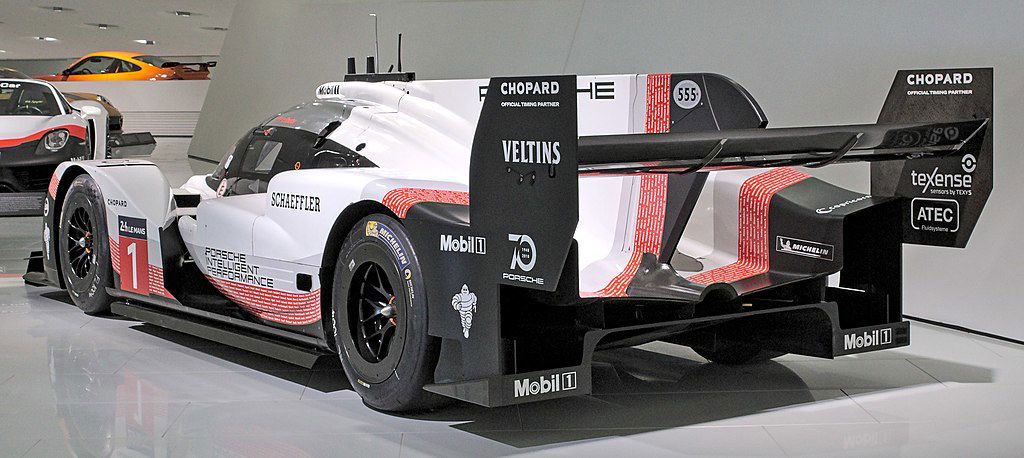
What made the 919 Hybrid Evo special was its extraordinary aerodynamic package. It featured extensive modifications to the bodywork, including a larger front diffuser, revised rear wing, and updated airflow management.
The aerodynamic changes aimed to maximize downforce and reduce drag, so the car can achieve incredibly high speeds on straights while maintaining exceptional grip in corners. With these aerodynamic enhancements, the Porsche 919 Hybrid Evo set blistering lap times.
7. Consistency Over Time
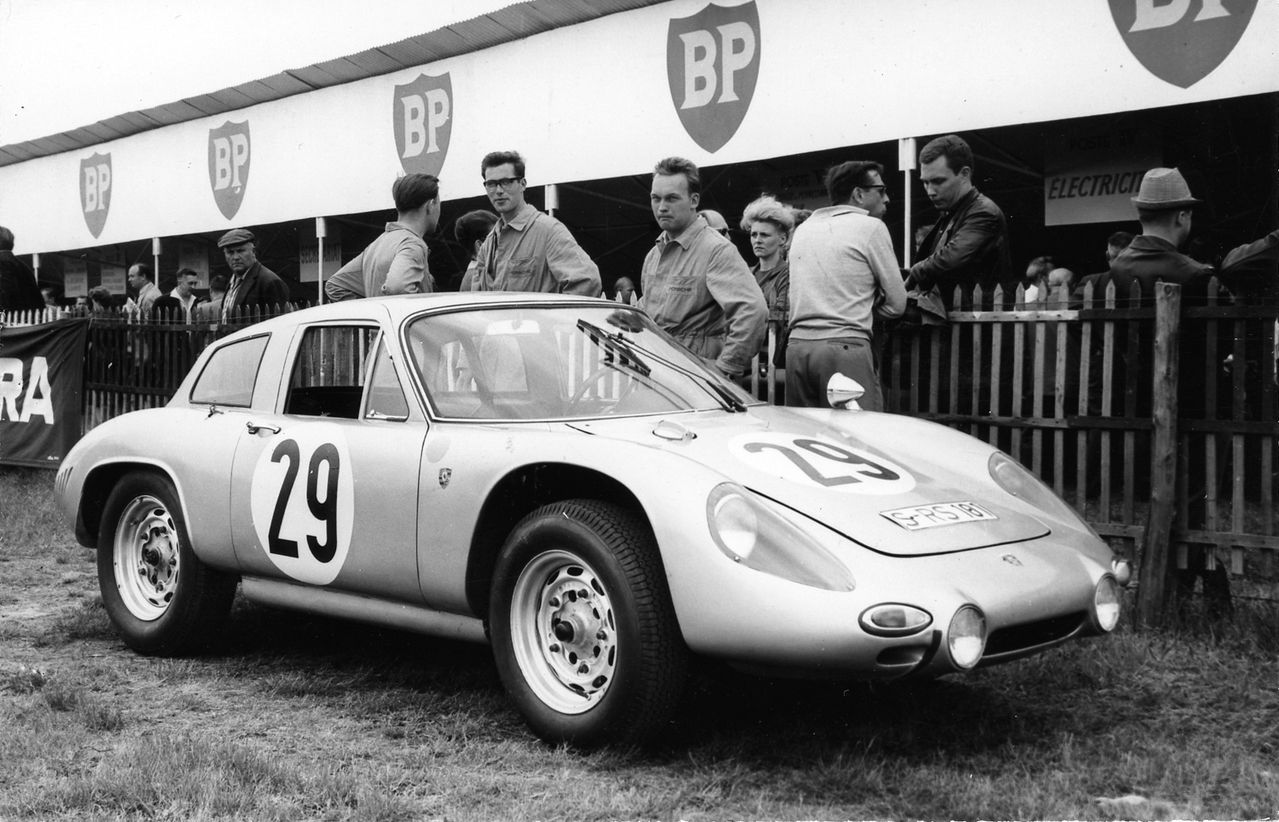
Porsche's Le Mans dominance isn't a flash in the pan; it's a testament to their enduring commitment. They have decisively maintained a competitive presence at Le Mans over many years, adapting to changing regulations and technology to stay at the forefront of the race.
We can point to several evidences of Porsche's unwavering commitment and determination to keep competing at the Le Mans.
For starters, the German marque has been participating in the Le Mans 24 Hours since the 1950s. In that time, the company has secured numerous victories spanning different eras of Le Mans racing. These victories reflect their sustained efforts and adaptability to changing regulations and technologies.
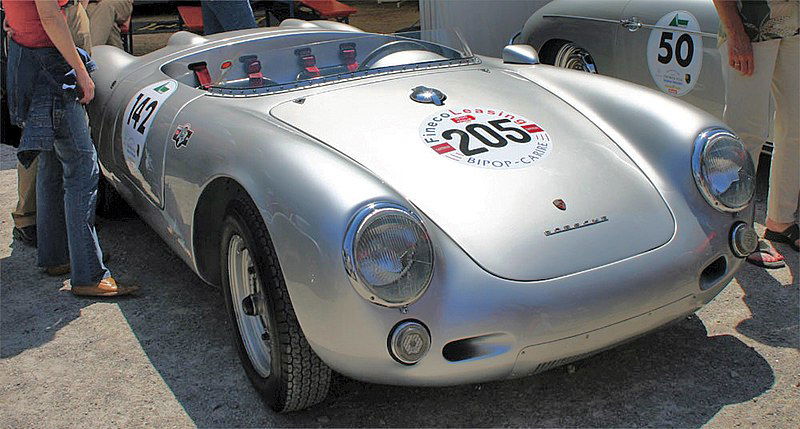
Furthermore, Porsche has consistently developed iconic race cars specifically designed for Le Mans, such as the Porsche 917, 956, 962, and more recently, the 919 Hybrid. These cars were meticulously engineered for endurance racing and demonstrate Porsche's dedication to the event.
They have consistently invested in research and development to stay competitive at Le Mans. They have also embraced innovative technologies such as hybrid powertrains to remain at the forefront of endurance racing.
An even more glaring evidence of Porsche’s commitment to the sport is its willingness to adapt to the ever-evolving Le Mans regulations, readily complying with the rules and remaining competitive while ensuring safety and fairness.
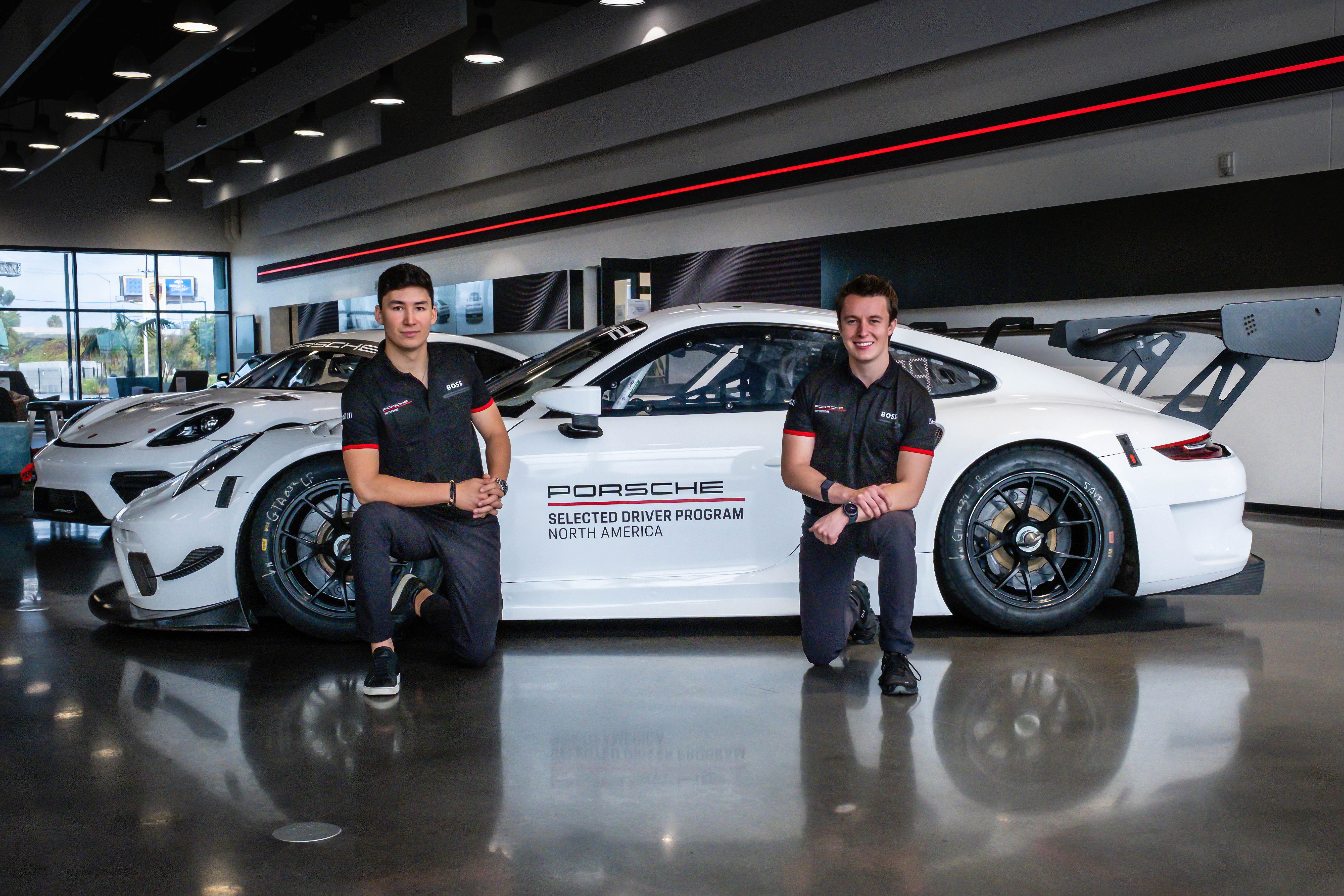
Porsche’s driver development programs to nurture talent and ensure a continuous pipeline of skilled drivers reinforce its commitment to future Le Mans competitions.
Besides, the marque’s involvement and participation in the Le Mans events have contributed to its global brand recognition and legacy as a dominant force in motorsport. In fact, Porsche’s commitment to Le Mans is deeply intertwined with the brand’s identity as a manufacturer of high-performance sports cars.
8. Heritage And Passion
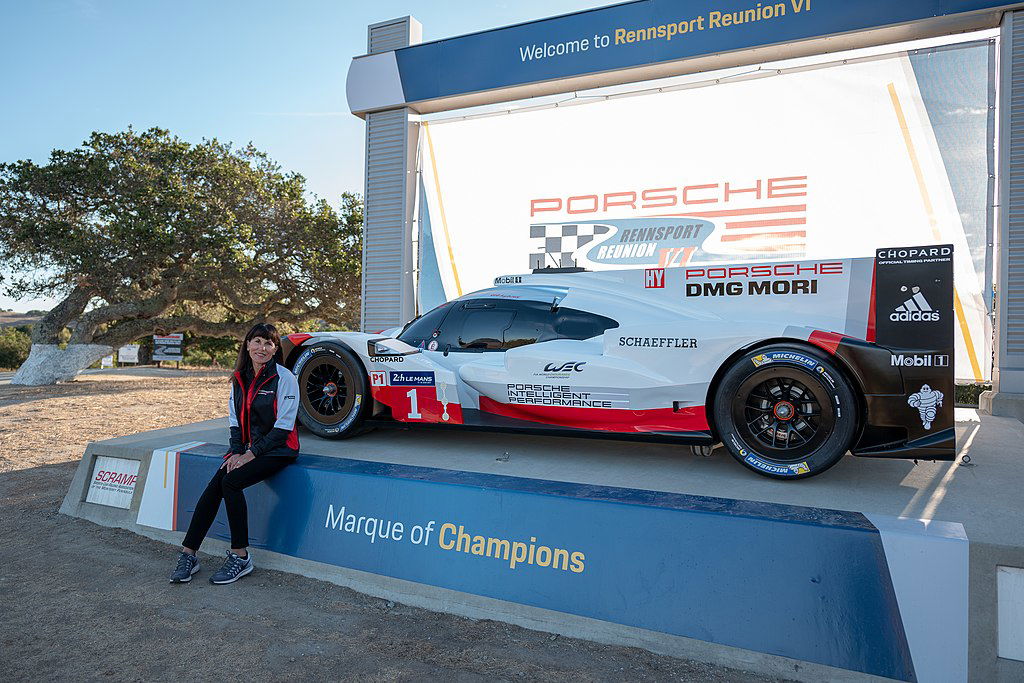
Porsche's storied history at Le Mans has created a deep sense of heritage and passion. This heritage has helped them build a strong fan base and motivates their teams and drivers to perform at their best to carry the legacy forward.
Porsche's Le Mans dominance is the result of a harmonious blend of engineering prowess, innovation, driver talent, reliability, strategic brilliance, aero-dynamics, and a rich heritage. It's a story of continuous commitment to excellence in the world of motorsport.
While Porsche's legacy at Le Mans is impressive, the motorsport landscape is ever-evolving, with other manufacturers and teams also striving for success. As such, Porsche's journey in endurance racing continues as they seek to defend their position at the pinnacle of Le Mans racing.